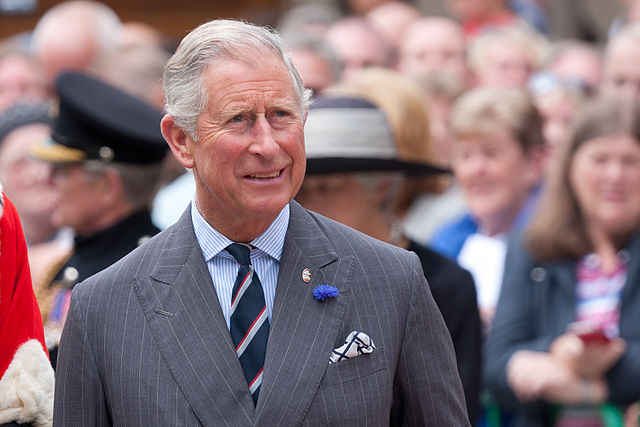
The global call for former colonial powers, including Britain, to provide reparations for slavery and its lasting impacts is gaining traction worldwide.
On Friday, King Charles addressed the Commonwealth Heads of Government Meeting, acknowledging the “painful” history of Britain’s involvement in transatlantic slavery. Representatives from 56 countries, many with ties to Britain’s former empire, gathered in Samoa, where the topics of slavery and climate change dominated discussions.
King Charles expressed understanding of the lingering resonance of the Commonwealth’s painful past. "It is vital, therefore, that we understand our history, to guide us toward making the right choices in the future," he said.
The demand for reparations from countries with colonial histories has been longstanding, with particular momentum from the Caribbean Community (CARICOM) and the African Union. While opponents argue that countries should not be held accountable for past actions, supporters point to the enduring racial inequalities rooted in slavery’s legacy. British Prime Minister Keir Starmer has ruled out an apology or financial reparations but has indicated a willingness to engage with leaders who wish to discuss the matter.
Reparations proposals vary, encompassing financial payments, formal apologies, technology transfers, and educational initiatives. CARICOM has developed its own reparations plan to address these issues.
Bahamas Foreign Minister Frederick Mitchell noted that the summit’s anticipated final statement includes provisions to keep the reparations conversation active. Jacqueline McKenzie, a lawyer with London firm Leigh Day, highlighted the importance of examining potential reparations rather than dismissing the dialogue entirely.
From the 15th to the 19th century, European traders transported over 12 million Africans into slavery, enduring brutal conditions and forced labor on plantations in the Americas. Commonwealth Secretary-General Patricia Scotland, a British diplomat born in Dominica, emphasized that despite this painful shared history, the Commonwealth has fostered a sense of equality among its members over the past 75 years.
In addition to reparations, the summit will address environmental concerns, with member nations expected to sign the Commonwealth Ocean Declaration. This declaration seeks to protect marine ecosystems and solidify maritime boundaries, even as rising sea levels threaten many low-lying island nations. Scotland explained that this move aims to provide stability and reassurance to nations facing climate-related challenges.
More than half of Commonwealth nations are small, vulnerable islands at risk due to climate change. "You come to this beautiful paradise, and then you realize that paradise is in danger," Scotland reflected.
This gathering serves as both a reminder of the Commonwealth's complex past and a call to address ongoing inequalities and environmental threats impacting many of its members today. Photo by Dan Marsh, Wikimedia commons.


































